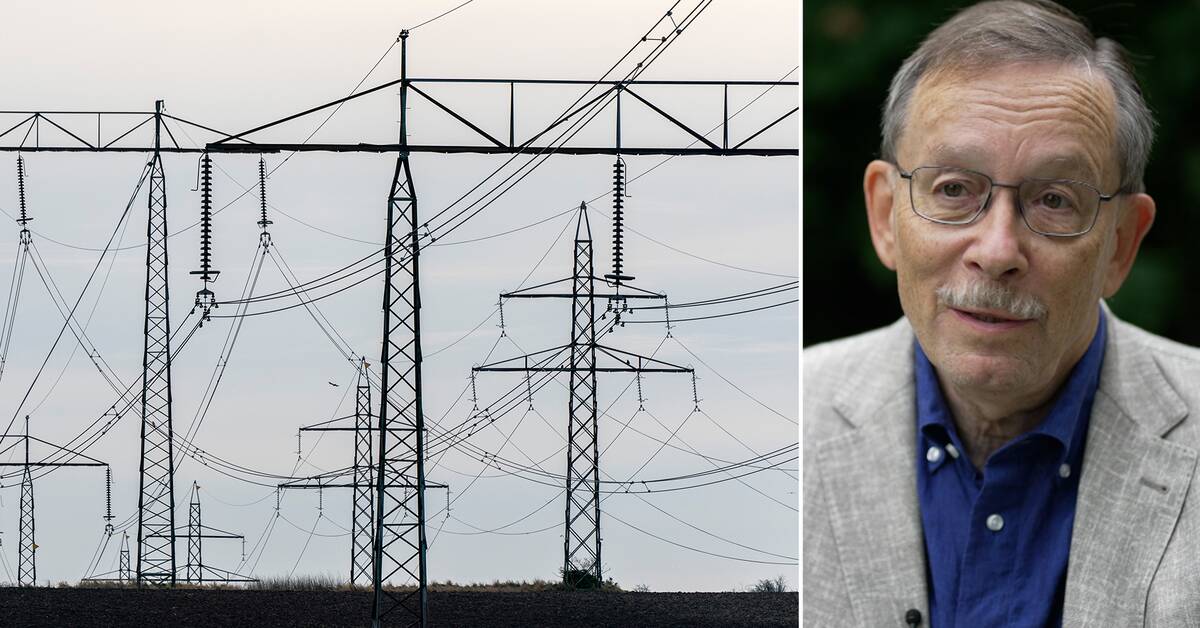The parties are in something of a race when it comes to proposals to deal with rising electricity prices.
Lars Calmfors, professor emeritus in international economics, is not impressed by what he has seen.
- All the proposals seem to mean subsidizing the consumption of electricity, and trying to keep costs down.
But since there is basically a shortage of electricity, it will lead to demand being kept up and prices rising as much as subsidizing, and then you don't solve the problem, he says.
The criticism: Doesn't encourage saving on electricity
The government wants at least 30 billion of the fees paid into the state-owned Swedish power grid to be used to either compensate households directly or lower prices and fees in other ways.
Companies must also be able to take part in high-cost protection.
The Sweden Democrats want to temporarily lower the tax and completely abolish VAT on electricity during the winter months, and the Moderates recently proposed a maximum ceiling for electricity bills.
The proposal is similar to the high-cost protection that exists in Norway.
- The government's proposal seems to involve support for both households and businesses, but in both proposals the support is linked to electricity consumption and thus creates no incentive to save on consumption, says Lars Calmfors.
- I perceive it as the politicians have been caught in a game where they outbid each other.
If the Moderates offer 15 billion, the government now offers 60 billion.
They simply try to outdo each other.
Sees risk with the parties' election promises
Lars Calmfors points out that there is a nuanced discussion going on among economists about what would be the best from a socio-economic point of view to deal with rising electricity prices.
In order to bring about the same type of discussion among politicians, Lars Calmfors believes that the debate on the electricity issue should be paused - until after the election.
- The risk is that the parties in competition for voters commit to various measures and will be forced to implement them after the election.
It would be better to calmly try to work out the most suitable and effective measures.
But the probability of that happening is very small.

